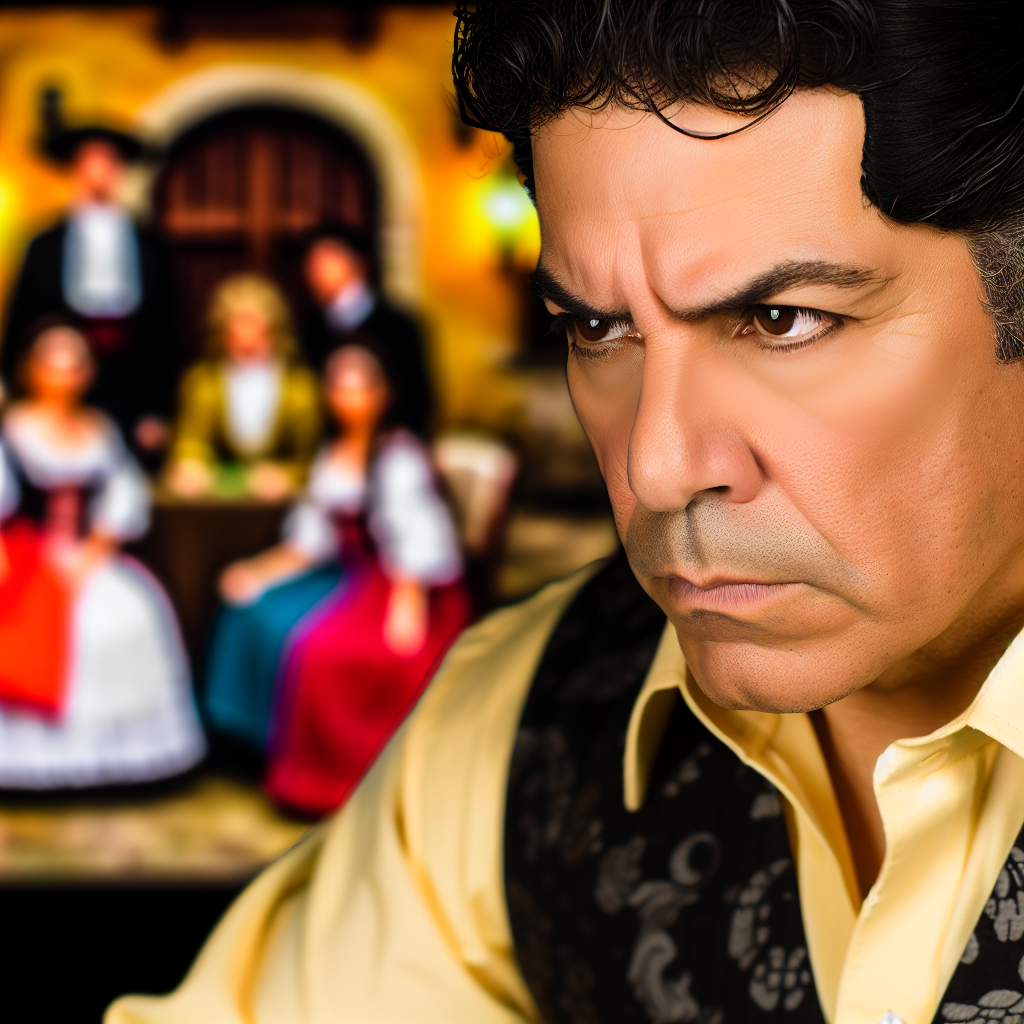
Sergio Sendel, a renowned Mexican actor, has captivated audiences with his compelling portrayals, particularly in antagonistic roles within the vibrant world of telenovelas. Born on November 4, 1966, in Mexico City, Sendel has built a prolific career spanning over three decades, earning acclaim for his intense performances and versatility. This article delves into his early life, breakthrough roles, and lasting impact on Latin American television, highlighting why he remains a staple in the industry.
Early Life and Career Beginnings
Growing up in Mexico City as the son of Elsa Sendel, Sergio Sendel developed an early passion for the performing arts. His journey into acting began in the late 1980s, but it was in 1990 that he made his television debut in the telenovela Mi pequeña Soledad, where he played Gustavo, showcasing his natural charisma and screen presence. This initial role opened doors to more opportunities, including a supporting part in Alcanzar una estrella II in 1991, which allowed him to explore youthful, dynamic characters. By 1992, Sendel landed a notable supporting role as Pedro in Muchachitas, a hit series that dealt with themes of ambition and romance among young women. His performance here demonstrated his ability to handle complex emotions, setting the stage for his evolution into more challenging antagonistic parts. In 1993, he appeared in Dos mujeres, un camino and even ventured into film with Zapatos viejos alongside Gloria Trevi, broadening his artistic range. These early experiences were crucial in honing his craft, as Sendel immersed himself in the demanding world of Mexican soap operas, learning to navigate intricate storylines and high-stakes drama that would define his later success.
Breakthrough Roles and Lasting Achievements
Building on his foundational years, Sergio Sendel’s career soared in the late 1990s and 2000s with a string of memorable antagonistic roles that solidified his reputation as a master of villainy in telenovelas. His first major antagonist portrayal came in 1999’s Tres mujeres, where he delved into the psyche of a manipulative character, earning praise for his nuanced depiction of moral ambiguity. This paved the way for standout performances in productions like Ramona, La intrusa, and La Otra, where he portrayed ruthless figures driven by greed and jealousy, often stealing scenes with his intense gaze and commanding presence. A pivotal moment arrived in 2007 with Destilando Amor, playing Aarón Montalvo Iturbe, a role that not only showcased his depth in exploring familial betrayal and corporate intrigue but also won him the TVyNovelas Award for Best Antagonist Actor in 2008. Sendel briefly explored protagonist roles in Amarte es mi Pecado (2004) and La esposa virgen (2005), revealing his versatility by embodying romantic leads with emotional vulnerability. His voice work as Diego in the Latin American dub of Ice Age (2002) added an international dimension to his portfolio, though he stepped away from the sequel due to contractual disputes. In the 2010s, roles in Lo que la vida me robó (2013) as the cruel Pedro Medina and Lo imperdonable (2015) further cemented his legacy, influencing aspiring actors by demonstrating how antagonists can drive narratives and evoke strong viewer reactions. Beyond acting, Sendel received a star on the Paseo de las Luminarias in 2007, recognizing his contributions to Mexican entertainment.
In summary, Sergio Sendel’s journey from humble beginnings to telenovela stardom exemplifies dedication and talent, with his iconic antagonistic roles leaving an indelible mark on Latin American television. From early supporting parts to award-winning performances, he has enriched the genre with depth and intensity. For fans and newcomers alike, exploring Sendel’s work offers insights into the power of storytelling—proving that even villains can become unforgettable heroes in their own right.